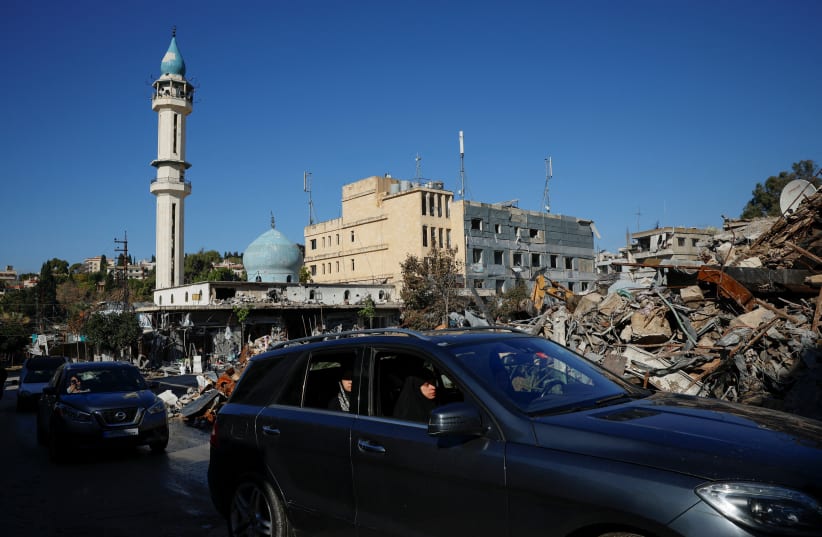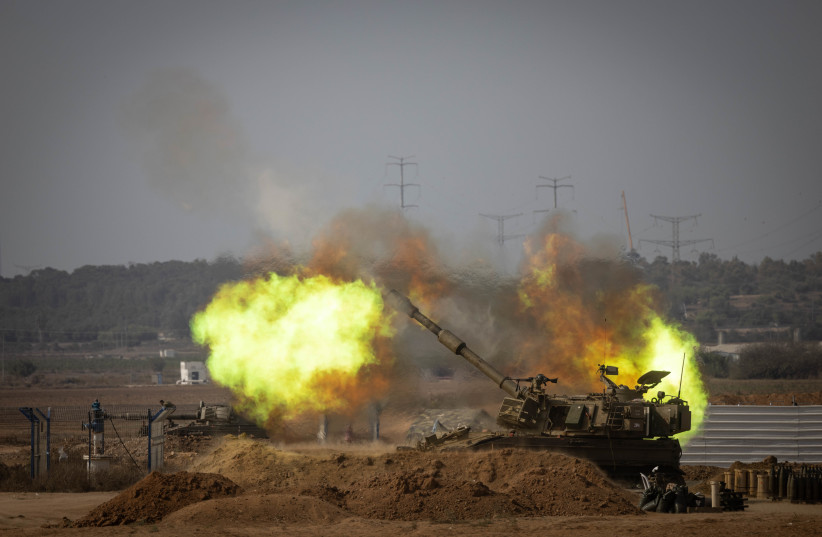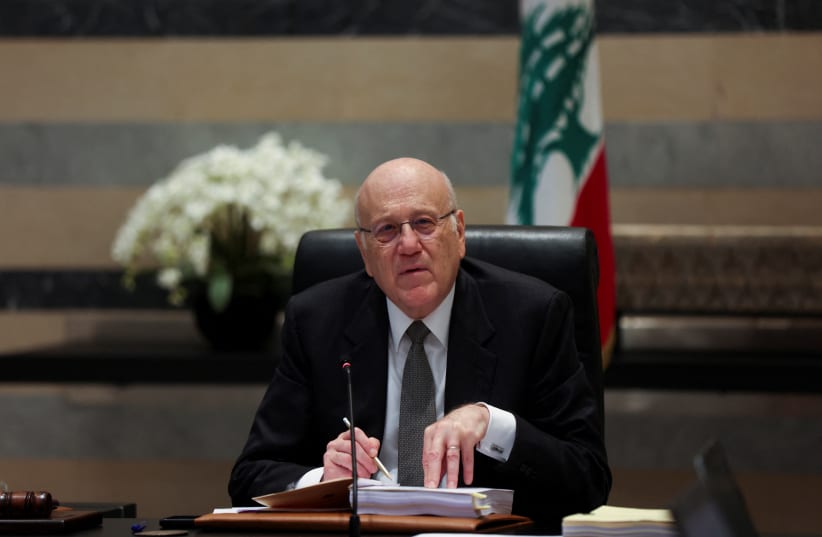Foreign
IDF says ceasefire violated, opens fire on suspects moving towards southern Lebanon

In their statement, the military said it is deployed in southern Lebanon and enforcing all violations of the ceasefire agreement.

The IDF on Thursday continued to react promptly and tenaciously against Hezbollah violations of the ceasefire terms, with the deal mostly holding in place.

Not a single Hezbollah rocket or drone has been fired at Israel since Tuesday.
That said, the IDF was concerned that one Hezbollah medium-range rocket crew in southern Lebanon might be taking action to prepare to fire on Israel so it struck the crew before they got in position.
Also, several Hezbollah suspects, some in vehicles, arrived in towns and villages in southern Lebanon on Thursday morning, constituting another minor breach of the ceasefire.
As a result, the IDF opened fire on the suspects.
In its statement, the military said it is deployed in southern Lebanon and enforcing all violations of the ceasefire agreement.

IDF troops operating in the Litani River area in Lebanon for first time in over two decades. November 26, 2024. (credit: IDF SPOKESPERSON’S UNIT)
Earlier, Army Radio reported that three were wounded in an Israeli drone strike near a vehicle in the town of Markaba in southern Lebanon on Thursday, just a day after the ceasefire in Lebanon came into effect.
Lebanese claims
Later, Reuters reported that two Lebanese security sources said an Israeli tank fired two rounds into Markaba.
Moreover, on Thursday the IDF said the total number of killed Hezbollah terrorists had risen to around 3,500 (previous numbers had ranged between 2,500-3,000) with the group’s rocket capabilities being damaged by more than 50% across the board and in much higher percentages regarding its longer range and precision missile capabilities.
Despite these successes, the IDF has still been playing defense in the Israeli public sphere for not planning to hold onto a southern Lebanon security zone beyond the 60-day ceasefire.
IDF officials have said their job is to enforce the deal made by the political echelon.
Within the defense establishment some supported the deal as is saying that the IDF can enforce the deal even if the agreement itself is weak.
Others wanted to hold onto a southern Lebanon security zone or to further weaken Hezbollah before a ceasefire.

























